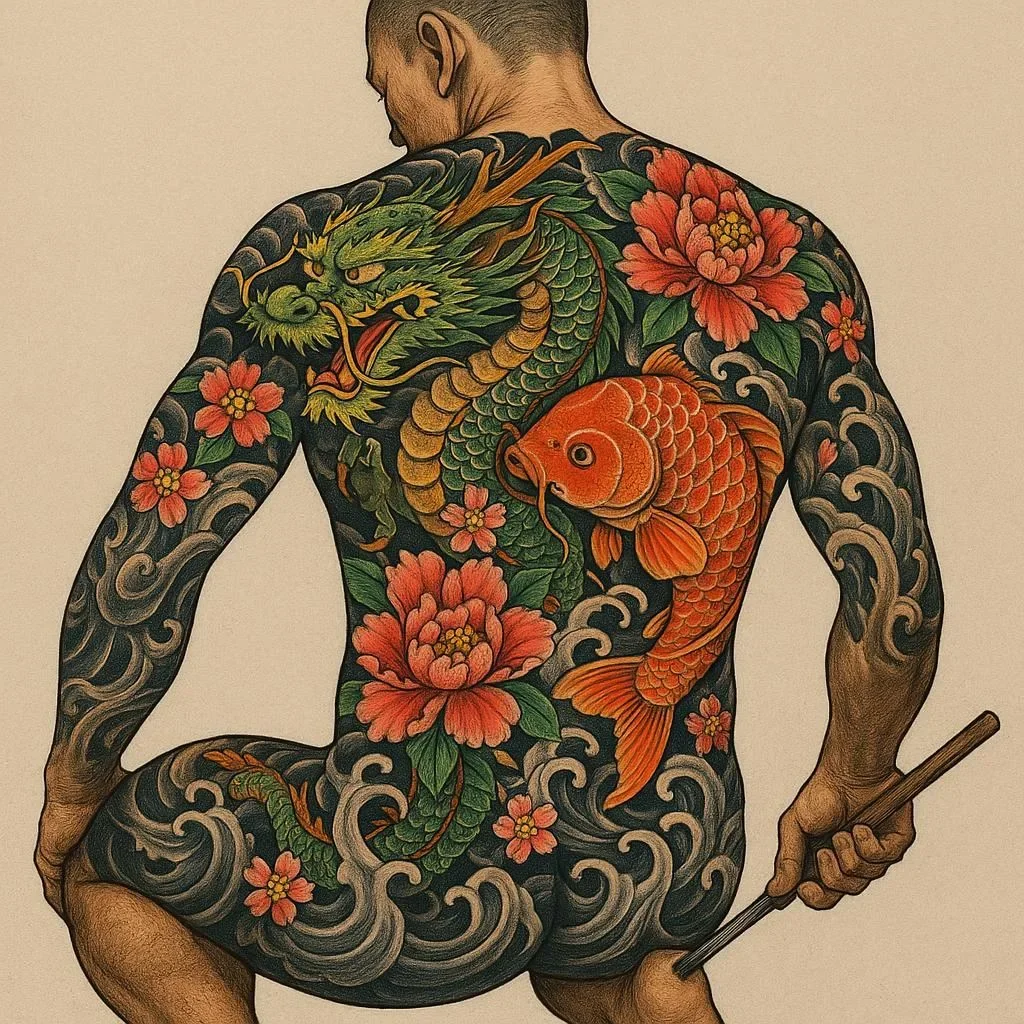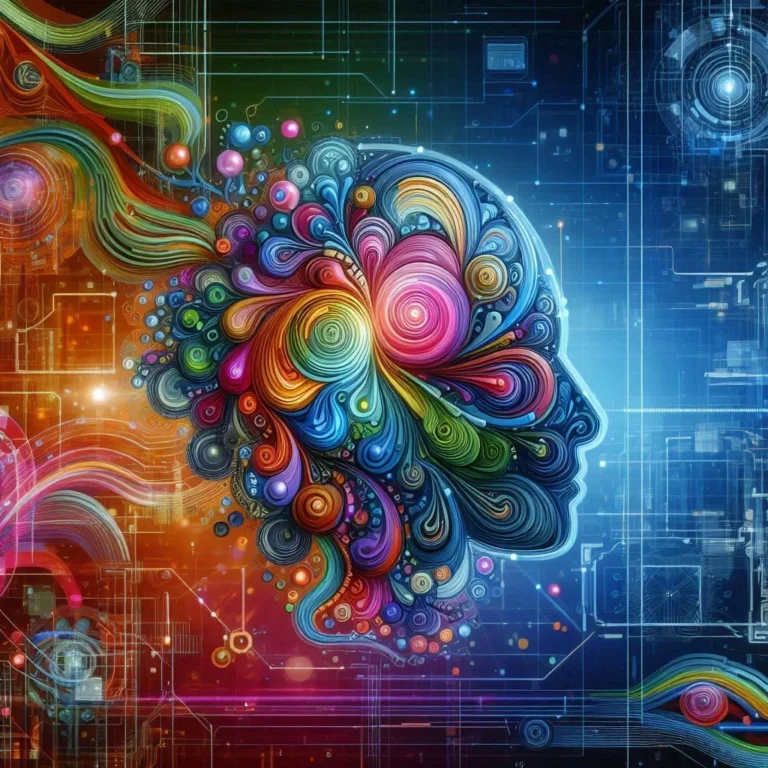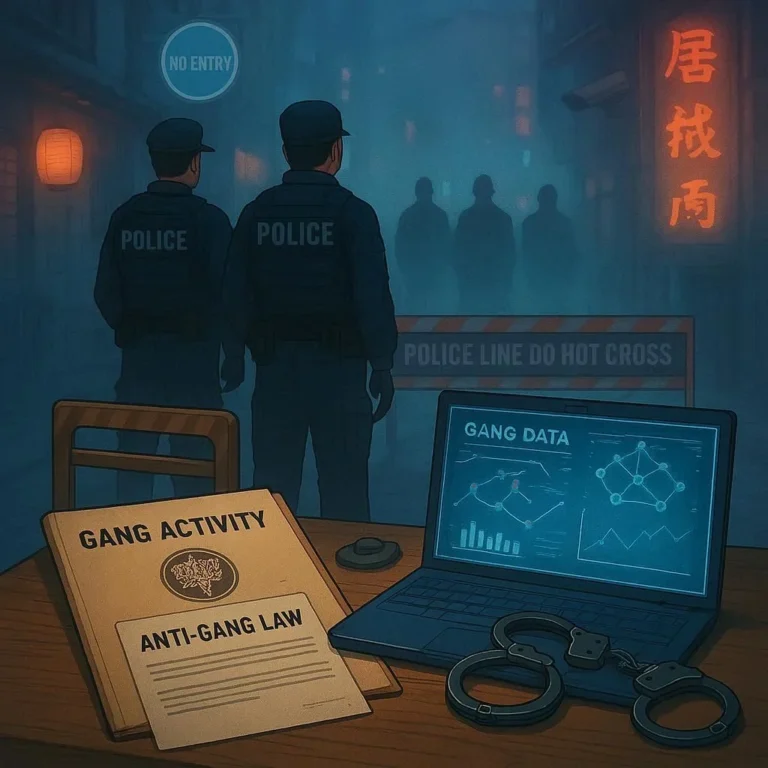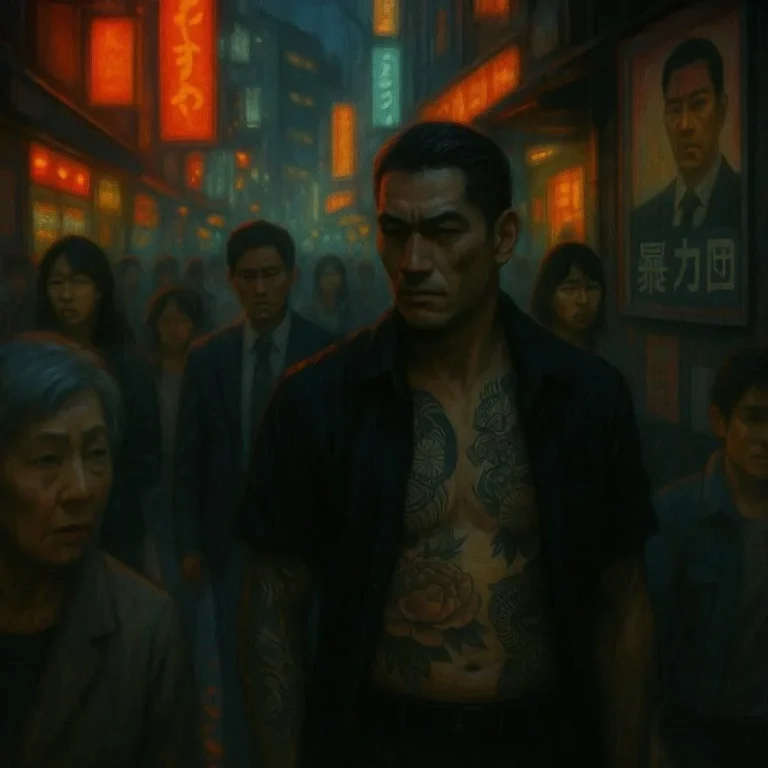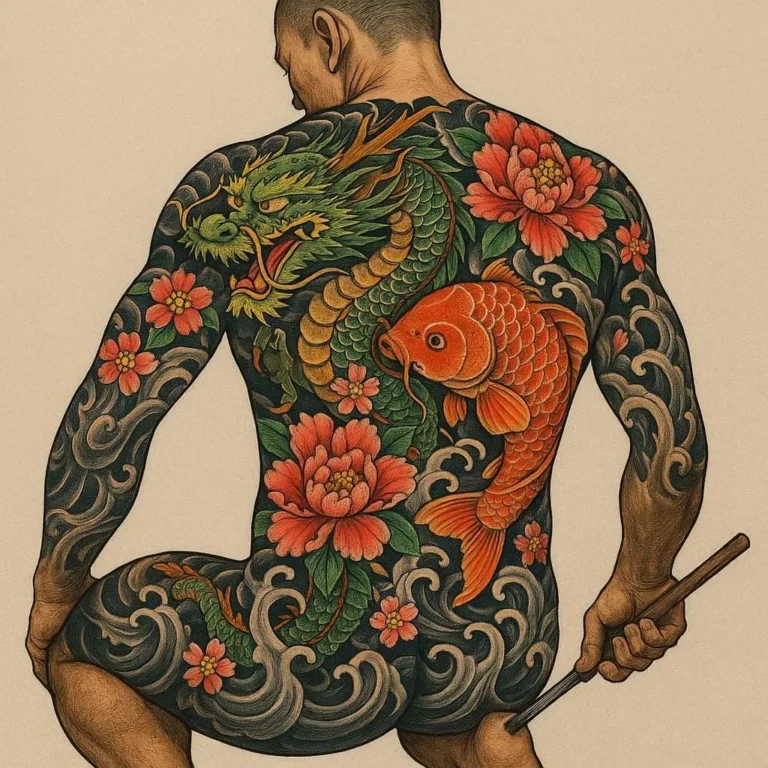501 views Famous Yakuza Tattoos and Their Cultural Significance
The intricate and often mysterious world of Yakuza tattoos, known as irezumi in Japanese, has long fascinated outsiders. These tattoos are not just body art; they are deeply rooted in history, symbolism, and cultural identity. This blog explores the famous Yakuza tattoos, their meanings, and their cultural significance in Japan.
The Art of Yakuza Tattoos: A Brief History
Yakuza tattoos, or irezumi, have a history that dates back to the Edo period (1603-1868). Initially, tattoos were used to mark criminals and outcasts, but over time, they evolved into a form of artistic expression among the Yakuza. These tattoos were not merely decorative; they carried deep symbolic meanings and told stories of the wearer’s life, loyalty, and status within the Yakuza hierarchy.
Key Characteristics of Yakuza Tattoos
Yakuza tattoos are known for their vibrant colors, intricate designs, and full-body coverage. They often feature traditional Japanese motifs such as dragons, koi fish, bamboo, and cherry blossoms. These motifs are not random; they carry specific meanings:
- Dragons: Symbolize strength, power, and good luck.
- Koi Fish: Represent perseverance, determination, and the ability to overcome adversity.
- Bamboo: Signifies resilience and flexibility.
- Cherry Blossoms: Symbolize the fleeting nature of life and the beauty of impermanence.
These tattoos are typically done by hand, a process known as tebori, which is both painful and time-consuming. The process is considered a rite of passage for Yakuza members, demonstrating their endurance and commitment to their way of life.
The Cultural Significance of Yakuza Tattoos
Yakuza tattoos are more than just art; they are a window into Japan’s rich cultural history and the Yakuza’s place within it. The tattoos reflect the Yakuza’s code of honor, known as giri, and their adherence to traditional values such as loyalty, respect, and justice.
Spirituality and Religion in Yakuza Tattoos
Yakuza tattoos often incorporate elements of Shinto and Buddhist symbolism. For example, the dragon, a common motif, is associated with the water god in Shinto mythology and is believed to possess divine powers. Similarly, the phoenix, another common motif, is associated with rebirth and divine grace in Buddhist traditions.
Tattoos as Identity
In the Yakuza world, tattoos serve as a form of identity. Each tattoo tells a story about the wearer’s life, including their rank within the organization, their deeds, and even their crimes. For example, a tattoo of a dragon might indicate a high-ranking member, while a tattoo of a snake might indicate a history of imprisonment.
Tattoos as a Form of Storytelling
Yakuza tattoos are not just decorative; they are a form of storytelling. Each tattoo is carefully designed to convey a specific message or tell a specific story. For example, a tattoo of a koi fish swimming upstream might indicate that the wearer has overcome great obstacles in their life. Similarly, a tattoo of a cherry blossom might indicate that the wearer values the transient nature of life and is prepared for death.
The Process of Getting Yakuza Tattoos
Getting a Yakuza tattoo is no easy feat. The process is both physically and mentally demanding. Tattoos are done by hand using a needle attached to a wooden or bamboo handle. This traditional method, known as tebori, is both painful and time-consuming. The process can take years to complete, with some tattoos requiring hundreds of hours of work.
The Role of the Tattoo Artist
The tattoo artist, known as a horishi, holds a revered position in Yakuza culture. The artist must not only be skilled in the art of tattooing but also knowledgeable in the cultural and symbolic meanings behind each design. The artist and the wearer work closely together to create a design that reflects the wearer’s life and values.
The Decline of Traditional Yakuza Tattoos
In recent years, traditional Yakuza tattoos have seen a decline. This decline is attributed to several factors, including the increasing popularity of modern tattooing techniques and the aging of traditional tattoo artists. Additionally, the Yakuza itself has seen a decline in membership and influence, leading to a decrease in the demand for traditional tattoos.
The Resurgence of Yakuza Tattoos in Modern Culture
Despite their decline within the Yakuza, traditional Japanese tattoos have experienced a resurgence in popularity in modern culture. This resurgence is due in part to the increasing popularity of tattoo art worldwide and the growing interest in traditional Japanese culture.
Yakuza Tattoos in Art and Fashion
Yakuza tattoos have become a popular subject in art and fashion. Artists and designers around the world have been inspired by the intricate designs and symbolic meanings of Yakuza tattoos. From fashion collections to art exhibitions, Yakuza tattoos continue to captivate audiences.
Yakuza Tattoos in Film and Literature
Yakuza tattoos have also become a popular subject in film and literature. films and books often feature characters with Yakuza tattoos, further cementing their place in popular culture. These depictions often highlight the tattoos’ cultural significance and their role in the Yakuza’s identity.
The Regulation of Yakuza Tattoos in Japan
Despite their cultural significance, Yakuza tattoos are heavily stigmatized in Japan. Many public bathhouses, swimming pools, and gyms ban individuals with tattoos, forcing those with tattoos to cover them. In recent years, there has been a movement to change this stigma, with some businesses beginning to relax their policies.
The Impact of the 2020 Tokyo Olympics
The 2020 Tokyo Olympics brought international attention to Japan, including its tattoo culture. The Olympics’ organizers encouraged businesses to be more accommodating to tattooed visitors, leading to a temporary relaxation of tattoo regulations. However, the long-term impact of this shift remains to be seen.
Conclusion
Yakuza tattoos are more than just body art; they are a window into Japan’s rich cultural history and the Yakuza’s place within it. The tattoos’ intricate designs, symbolic meanings, and traditional process make them a fascinating subject of study and admiration. As cultural attitudes toward tattoos continue to evolve, it will be interesting to see how Yakuza tattoos are perceived and appreciated in the future.
If you found this article informative, be sure to subscribe to our blog for more content on Japanese culture and history. If you have any questions or comments, feel free to leave them below.
Learn more about the Yakuza and their culture.
Explore the history and significance of Japanese tattoos.
Read about Japan’s tattoo ban and the movement to change it.

